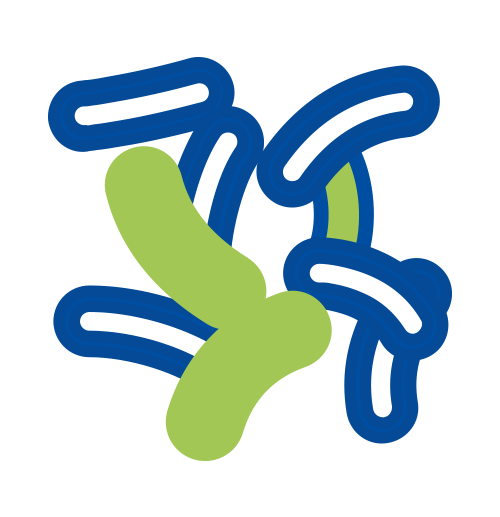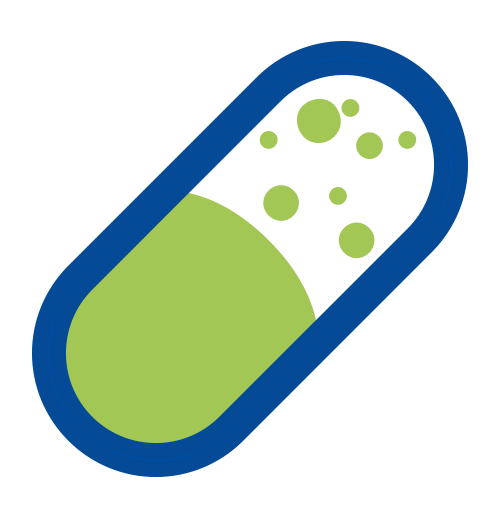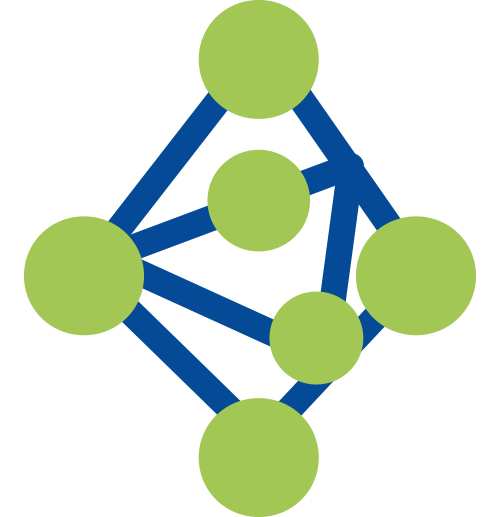2024. 10NGS
Empirical assessment of the enrichment-based metagenomic methods in identifying diverse respiratory pathogens
Xiaofang Jia, Wei Wang, Min Wu, Linlin Pang, Chunyi Yang, Yun Ling, Zhigang Yi, Xiaonan Zhang
阅读全文
ABSTRACT
Probe-based nucleic acid enrichment represents an effective route to enhance the detection capacity of next-generation sequencing (NGS) in a set of clinically diverse and relevant microbial species. In this study, we assessed the effect of the enrichment-based sequencing on identifying respiratory infections using tiling RNA probes targeting 76 respiratory pathogens and sequenced using both Illumina and Oxford Nanopore platforms. Forty respiratory swab samples pre-tested for a panel of respiratory pathogens by qPCR were used to benchmark the sequencing data. We observed a general improvement in sensitivity after enrichment. The overall detection rate increased from 73 to 85% after probe capture detected by Illumina. Moreover, enrichment with probe sets boosted the frequency of unique pathogen reads by 34.6 and 37.8-fold for Illumina DNA and cDNA sequencing, respectively. This also resulted in significant improvements on genome coverage especially in viruses. Despite these advantages, we found that library pooling may cause reads mis-assignment, probably due to crosstalk issues arise from post-capture PCR and from pooled sequencing, thus increasing the risk of bleed-through signal. Taken together, an overall improvement in the breadth and depth of pathogen coverage is achieved using enrichment-based sequencing method. For future applications, automated library processing and pooling-free sequencing could enhance the precision and timeliness of probe enrichment-based clinical metagenomics.
 NGS杂交捕获DNA探针 人全外显子组探针4.0肿瘤版 人全外显子组探针4.0核心版 QuarStar 94基因泛肿瘤Panel 3.0 QuarStar 176基因泛肿瘤Panel 3.0 QuarStar 227基因融合Panel 1.0 QuarStar 515基因泛肿瘤Panel 1.0 杂交捕获RNA探针 人全外显子组探针3.0 HRD panel 建库试剂 DNA建库试剂盒 片段化试剂 磁珠法捕获mRNA试剂盒 rRNA去除试剂盒 QuarPro T4连接酶 杂交捕获试剂 DNA探针快速杂交捕获试剂 DNA探针杂交捕获试剂V2版 DNA探针杂交捕获试剂 RNA探针一管式过夜杂交试剂 RNA探针快速杂交捕获试剂 接头体系 封闭液系统 扩增子NGS BRCA超多重引物 超多重PCR试剂盒2.0 PathoSeq 450病原库 配套试剂 链霉亲和素磁珠 设备与软件 iQuars 50自动化工作站
NGS杂交捕获DNA探针 人全外显子组探针4.0肿瘤版 人全外显子组探针4.0核心版 QuarStar 94基因泛肿瘤Panel 3.0 QuarStar 176基因泛肿瘤Panel 3.0 QuarStar 227基因融合Panel 1.0 QuarStar 515基因泛肿瘤Panel 1.0 杂交捕获RNA探针 人全外显子组探针3.0 HRD panel 建库试剂 DNA建库试剂盒 片段化试剂 磁珠法捕获mRNA试剂盒 rRNA去除试剂盒 QuarPro T4连接酶 杂交捕获试剂 DNA探针快速杂交捕获试剂 DNA探针杂交捕获试剂V2版 DNA探针杂交捕获试剂 RNA探针一管式过夜杂交试剂 RNA探针快速杂交捕获试剂 接头体系 封闭液系统 扩增子NGS BRCA超多重引物 超多重PCR试剂盒2.0 PathoSeq 450病原库 配套试剂 链霉亲和素磁珠 设备与软件 iQuars 50自动化工作站 RNA合成sgRNA miRNA siRNA
RNA合成sgRNA miRNA siRNA



 引物与探针
引物与探针 基因合成
基因合成 寡核苷酸池
寡核苷酸池 CRISPR sgRNA定制文库
CRISPR sgRNA定制文库 抗体库
抗体库 突变体库
突变体库


 电话:400-017-9077
电话:400-017-9077 地址:上海市闵行区光华路248号5号楼2楼
地址:上海市闵行区光华路248号5号楼2楼 邮箱:
邮箱:







